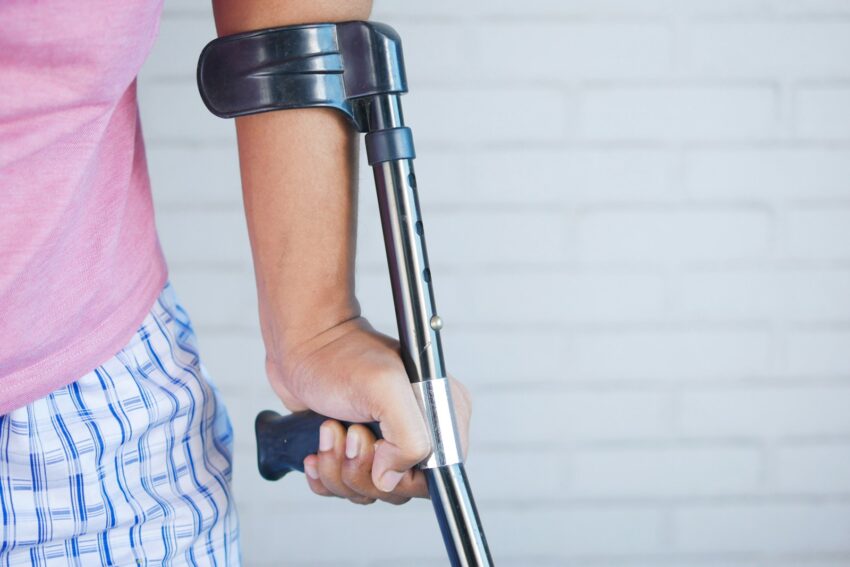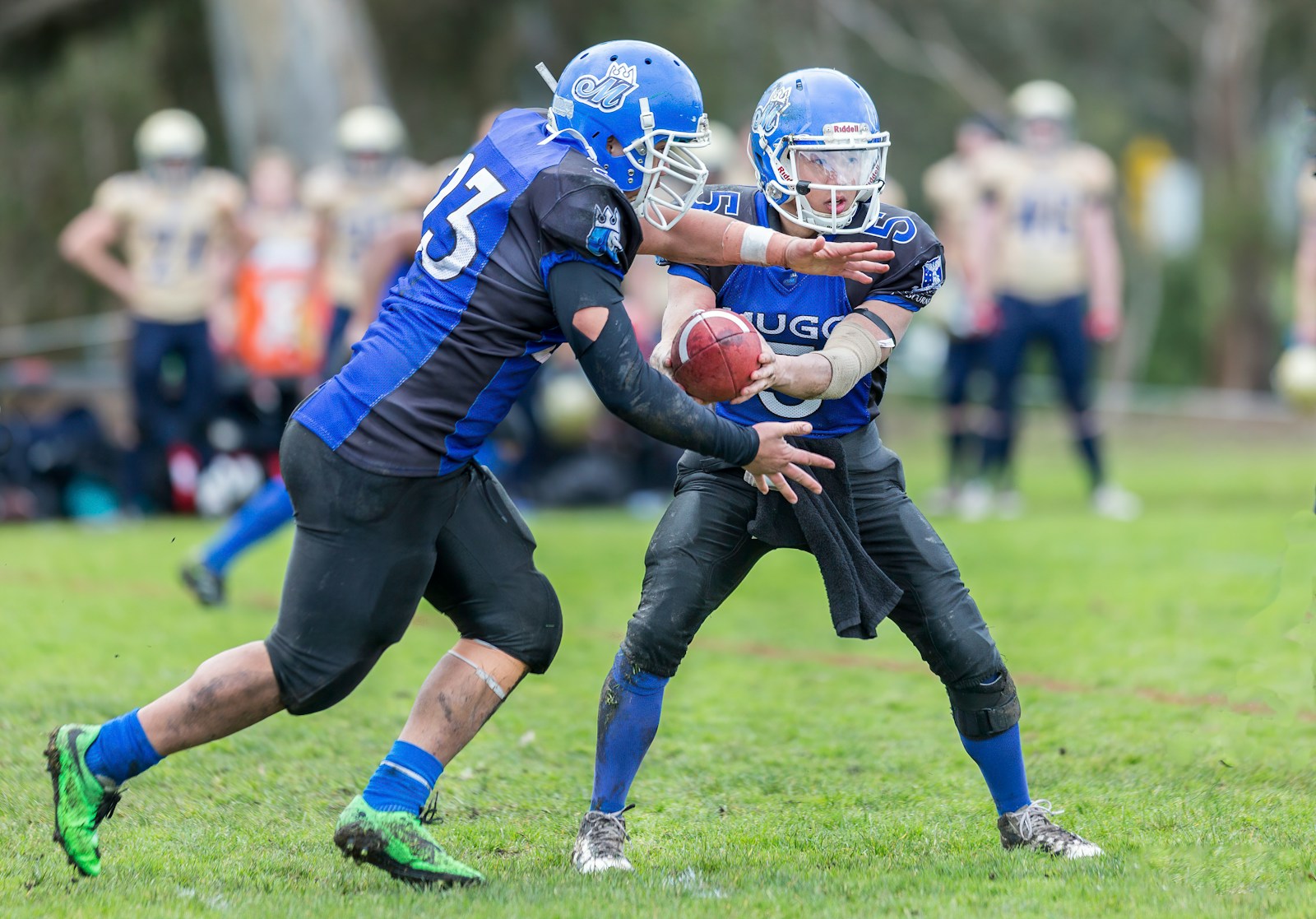College life is full of excitement and new experiences, but it also comes with its fair share of risks. If you, by chance, get into an accident, especially a serious one, you’ll be stressed and probably scrambling to figure out how you’ll survive college. Even when it comes to a non-life-threatening injury, you’ll still have to think about how you can sustain your academic career with this.
Whether it’s a sports-related injury, a slip-and-fall, or an accident on campus, knowing how to respond calmly and effectively can make a significant difference in your recovery process. But it’s not just how to respond to it; it’s what you can do and how you can manage afterward. Basically, every student will get at least one injury during their academic career. It could be minor or major.

It’s fairly obvious what to do if it’s major: call EMS or go to an emergency room, but even minor ones deserve care. So that’s why you need to know exactly what you can do. So, here’s what you need to know!
How Severe Is It?
It’s helpful to know what some minor injuries are that usually don’t require medical attention. That’s probably the best way to determine whether they’re severe or not. So, common non-life-threatening injuries include sprains, strains, minor cuts and bruises, and minor burns.
Seek Medical Attention if Necessary
If the injury is more than minor or if you’re unsure about its severity, err on the side of caution and seek medical attention. So, that doesn’t mean you have to run to the emergency room. In fact, don’t do that. Instead, you’ll want to visit your college’s health center or urgent care facility to have the injury evaluated by a healthcare professional. But that can be costly, and most college students are on a budget (and health insurance nowadays barely covers anything), so you could just look up what DIY treatment you should do.
Do this lightly, and the injury really can’t be serious. But if you know what to do, you can look up a medical supply store near me so you at least know how to treat this. Again, if you’re going to go the DIY route for your injury, make sure that it’s something that isn’t going to cause any damage in the long run and that the injury itself isn’t serious.
Notify Relevant Parties
Even if an injury isn’t life-threatening, it can still have an impact. For example, you can break an arm, and this can still get in the way of class work, or a sprained ankle can mean it takes longer to get from classroom to classroom. So, if this is something that will affect your lifestyle, you’ll need to notify relevant parties. such as your college’s administration, your professors, or your employer if the injury occurred at a work-study job. Keep them informed about your injury and any limitations it may impose on your ability to attend classes or fulfill work obligations.
It’s Okay to Ask for Accommodations
As stated above, you need to notify, but it’s also okay to ask for help. Chances are, no one will make accommodations for you unless you ask. Sometimes, you can ask for extensions on assignments or flexibility with attendance policies. You won’t know unless you ask.


